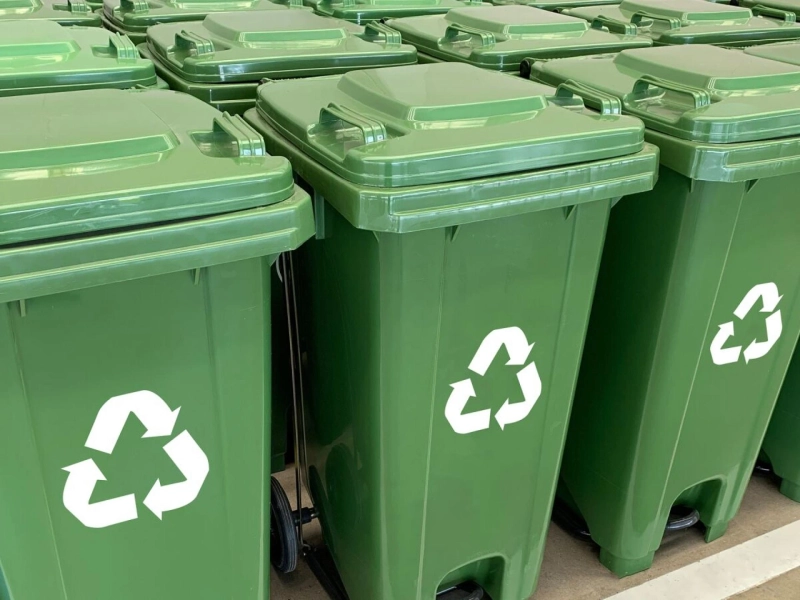Recycling was once a simple concept, but with advances in technology, it has become an intricate process. While the goal remains the same, reducing waste and conserving natural resources technology has transformed everything from the way we sort, process, and recycle materials to the creation of new products from recycled materials. Today's technological advancements have transformed what was once a low-tech industry into one that's high-tech and innovative. Let's explore the ways technology is revolutionizing the recycling landscape.
Innovative Sorting TechniquesSorting is a crucial step in the recycling process, and it helps determine the value and type of material being recycled. Innovations in technology now allow for faster, more precise material sorting and separation. For example, many recycling facilities now use sensors and advanced algorithms that recognize and sort recyclable materials by shape and color. Optical sorters can differentiate between various grades of plastics, enabling them to separate and recycle more of these materials. This increased efficiency and accuracy translates into more efficient and cost-effective recycling systems.Advanced Recycling Technologies
With the advancements in technology, more opportunities exist for recycling materials that were not previously considered recyclable. Sophisticated recycling technologies can repurpose items from waste streams that were once believed to be non-recyclable. For instance, chemical recycling converts plastic waste into reusable materials or feedstock, opening new recycling options for items such as multi-layer packaging or plastics that were traditionally difficult to recycle.Enhanced Infrastructure
Investments in recycling infrastructure have led to more easily accessible and convenient recycling locations within communities. In the past, citizens had to separate their materials and take them to a recycling center. However, advances in technology have led to the introduction of curbside recycling programs that provide collection and sorting services to residents. These systems make recycling more convenient, which results in better participation rates among citizens.Increased Sustainability
Recycling not only conserves natural resources but also reduces greenhouse gas emissions by reducing the amount of waste that goes into landfills. New technologies are making recycling more efficient and sustainable. For instance, advancements in equipment have resulted in reduced energy usage per ton of recycled products. Additionally, recycled material can now be used in the production of new products, limiting the need for virgin materials and ultimately reducing waste on a larger scale.Greater Consumer Education
Technology has also enabled businesses and organizations to educate the public about recycling better. In the past, people had limited knowledge of the recycling process, which often led to incorrect sorting, contamination, and incorrect disposal methods. With technology, recycling information can be easily accessed through websites, social media, and other digital channels. This improved access to information has increased awareness, knowledge, and engagement among citizens, ultimately reducing contamination levels and improving recycling rates.
Conclusion:
These are just a few examples of how technology has revolutionized the recycling landscape. Through advanced sorting techniques, innovative recycling technologies, enhanced infrastructure, increased sustainability, and greater consumer education, recycling has become an efficient and innovative industry. It's worth noting that technology is not a panacea for all recycling challenges, but it's evident that it remains a vital component in creating a more sustainable future. As technology continues to evolve, it's exciting to anticipate additional advancements that could take recycling to even greater heights. Check out more recycling facts by visiting online at SwagCycle.


